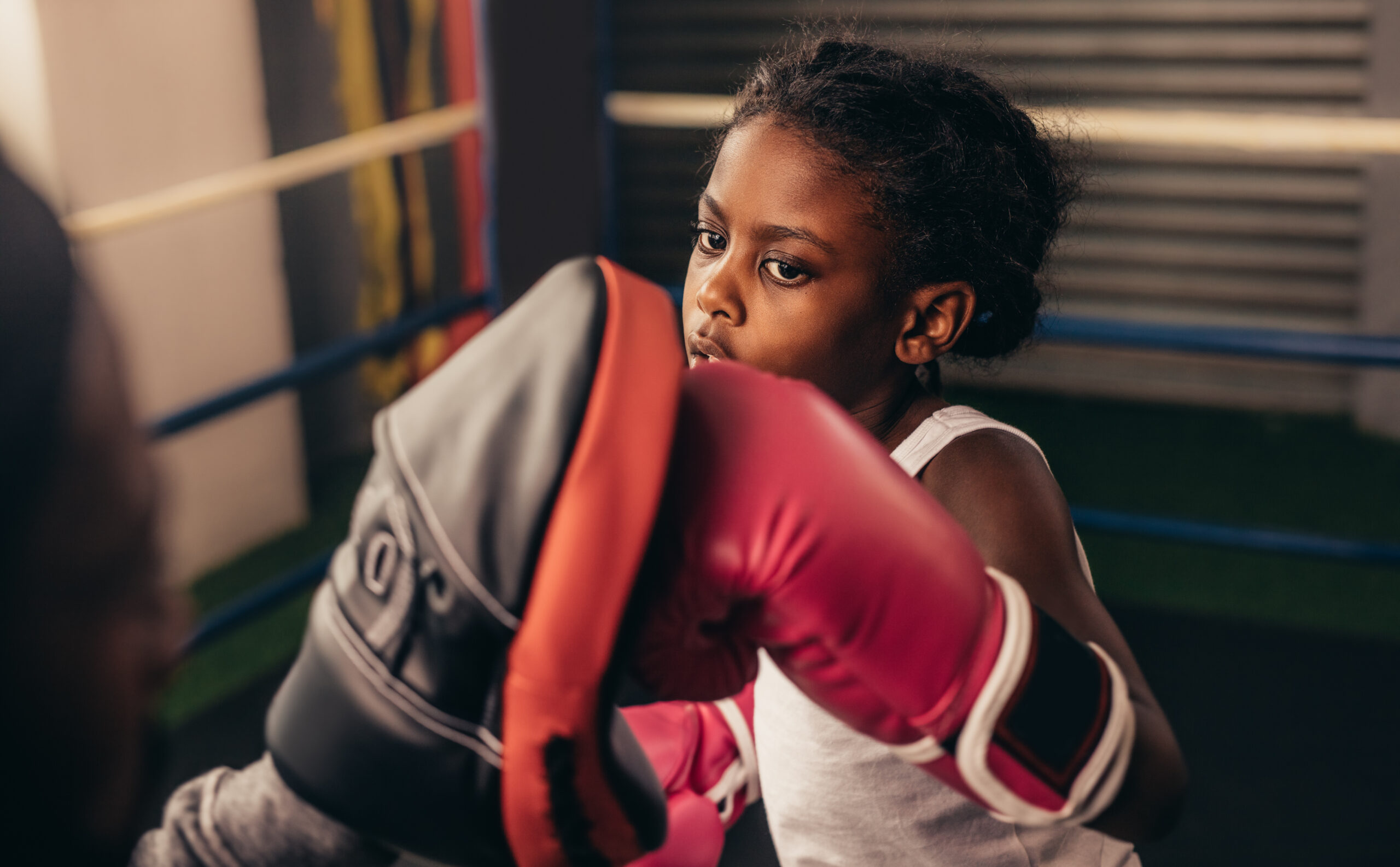Why I believe martial arts can assist those with ASD?
Autism Spectrum Disorder (ASD) is neurodevelopmental disorder that is characterised by a spectrum of deficits. It can cause challenges in social skills, memory, behaviours and executive function. It can also affect musculature, coordination, posture, balance, strength and both fine and gross motor skills.
Due to the wide variety of challenges individuals may experience, navigating through daily life can prove to be difficult. There is however growing evidence supporting the intervention of skill and goal-based exercise programs which an individual can completed in both group or 1 on 1 settings that can be beneficial to overall health. This includes martial arts.
There have been numerous studies on the effects martial arts based training has on improving behaviour, strength, posture, coordination and executive function (planning, pre-empting, breaking patterns, complicated commands). There are two main forms of martial arts that have been studies, soft form (tai-chi or qi-gong) and hard form (karate or kickboxing).
Personally, working with clients with ASD I have found that martial arts training to be highly beneficial. During my time with my clients, I have witnessed them being able to not only walk over a skipping rope to being able to link 2 – 5 jumps at a time. I have also been able to teach these students how to coordinate punches in the boxing striking circle. This can sometimes take time as they learn to cross their arms from one side of the body to the other. Overall this tremendously improves stamina, coordination and balance which they can use in their every day lives. Not only does it benefit them in a physical component but it also assists them with regulating their emotions as they are able to control their body as it helps to create discipline in the mind.
Some of skills that my students undertake during a martial arts session for ASD will include;
- Shadow Striking – Punching and kicking in the air
- Pad work – Striking shields, bags and focus pads
- Footwork drills – how to move using specific stances
- Dodging – avoiding contact with strikes
I love working with ASD students as it can be some of the most challenging and rewarding work I have ever done. Being able to take a student with minimal coordination and to be able to give back is something that is inspiring to the me as well as the individual. Being able to connect with them when others have struggled and to be able to give them a sport that can be enjoyable and manageable can make all the difference in their improvement and independence.

